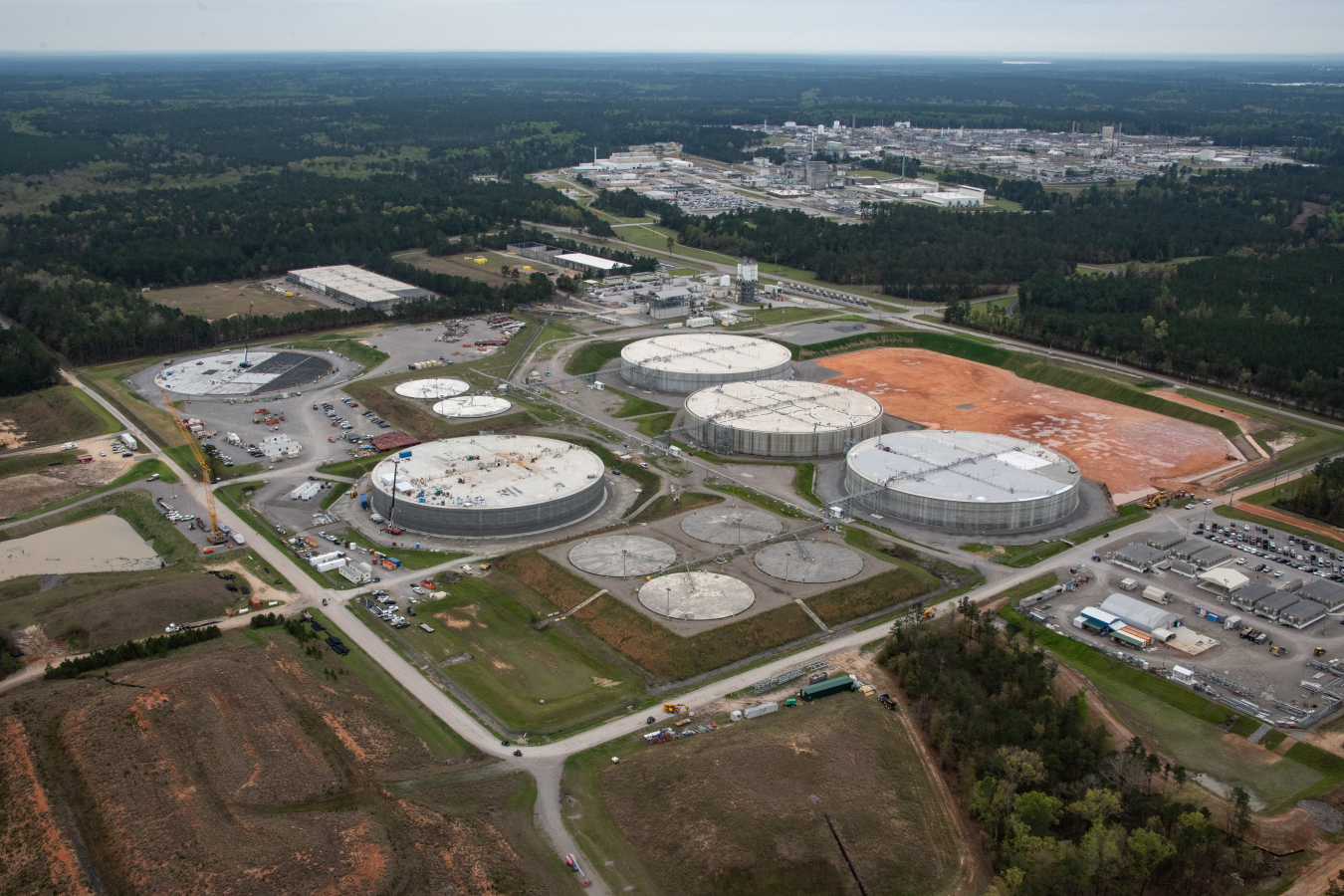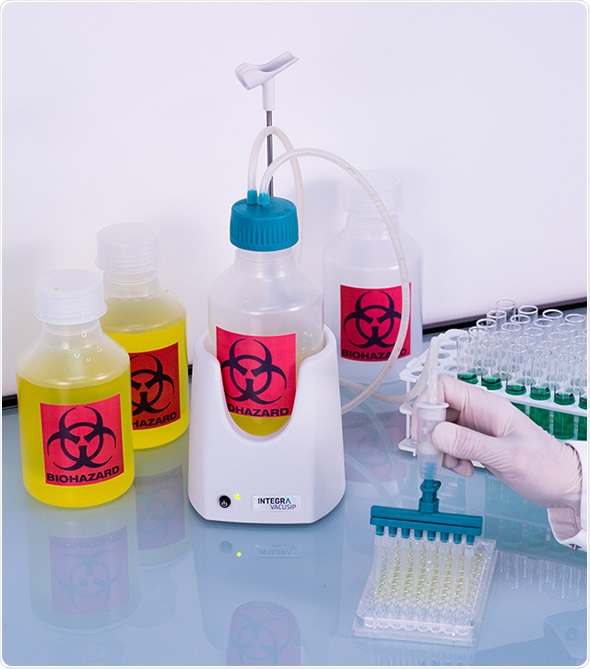Expert Liquid Waste Removal Melbourne: Fast and Budget Friendly Solutions
Expert Liquid Waste Removal Melbourne: Fast and Budget Friendly Solutions
Blog Article
Comprehending the Comprehensive Process of Liquid Waste Disposal: Finest Practices and Environmental Impact Considerations
The management of fluid waste disposal is a diverse problem that calls for a complete understanding of numerous best practices and their linked ecological impacts. From the kinds of liquid waste created to the approaches used for collection, treatment, and final disposal, each action plays a vital role in safeguarding communities and public health. As regulatory standards progress and technology breakthroughs, the discussion around these procedures comes to be progressively essential. What implications do these adjustments hold for future sustainability efforts, and exactly how can stakeholders make certain that they are sufficiently addressed?
Sorts Of Fluid Waste
Recognizing the numerous kinds of liquid waste is crucial for efficient monitoring and disposal techniques. Liquid waste can be generally categorized right into numerous kinds, each requiring unique handling and therapy approaches.
Industrial fluid waste commonly consists of dangerous products, consisting of heavy metals, solvents, and chemicals, generated throughout making processes. These wastes require stringent governing compliance to secure human health and wellness and the environment. Domestic fluid waste mostly refers to wastewater created from houses, including sewer and greywater, which, although much less hazardous, can still present considerable threats if poorly managed.
Agricultural liquid waste, including drainage from farms, frequently includes fertilizers and pesticides that can lead to environmental destruction if not treated appropriately. Clinical fluid waste, generated from health care centers, includes contaminated fluids such as physical liquids and chemicals, calling for specialized disposal methods to stop infection and environmental contamination.
Last but not least, oil and oil waste, normally generated by restaurants and vehicle markets, can trigger serious clogs in drain systems otherwise taken care of appropriately. Understanding these classifications facilitates targeted techniques for therapy, conformity with policies, and effective disposal approaches, inevitably advertising environmental sustainability and public wellness safety and security.

Collection Approaches
Effective collection approaches are important for the correct management of fluid waste, ensuring that it is gathered safely and successfully prior to therapy or disposal. Various methods are used depending upon the kind of fluid waste generated, the quantity, and the details qualities of the waste.
One typical approach is using dedicated collection storage tanks or sumps, which are made to record liquid waste at the source. These systems typically include pumps that facilitate the transfer of waste to bigger storage space containers or treatment centers. Additionally, mobile collection systems geared up with vacuum cleaner modern technology are used in circumstances where waste is generated intermittently or in hard-to-reach areas.
For commercial settings, closed-loop systems can effectively decrease spills and leaks, permitting the recovery and reuse of fluid waste. It is also necessary to educate personnel on correct collection procedures to mitigate risks related to unsafe substances.
Additionally, executing normal upkeep timetables for collection equipment makes certain ideal efficiency and security. The combination of innovative tracking systems can boost collection performance by providing real-time information on waste degrees and prospective threats. In general, effective collection techniques are fundamental to sustainable fluid waste management methods.
Treatment Processes
Therapy procedures play an important role in the management of liquid waste, changing potentially unsafe materials right into risk-free effluents or reusable resources - liquid waste disposal. These procedures can be generally classified right into physical, chemical, and organic techniques, each tailored to attend to details contaminants existing in the waste over at this website stream
Physical treatment techniques, such as sedimentation and purification, work by eliminating suspended solids and particle matter. These methods are commonly the very first action in the treatment chain, efficiently lowering the lots on succeeding processes. Chemical treatments include using reagents to neutralize dangerous materials, precipitate hefty metals, or oxidize natural pollutants, thereby enhancing the security of the effluent.
Organic therapy processes, including triggered sludge systems and anaerobic food digestion, take advantage of on the natural capabilities of microorganisms to deteriorate raw material. These methods are especially effective for wastewater having naturally degradable toxins. Advanced therapy technologies, such as membrane purification and progressed oxidation procedures, are significantly employed to attain higher levels of filtration.
Including a mix of these treatment methods not only guarantees compliance with regulatory requirements however also promotes ecological sustainability by recouping valuable resources from liquid waste.
Disposal Options
How can organizations make certain the risk-free and liable disposal of liquid waste? Reliable disposal choices are crucial for guarding public health and the setting. The main techniques include land incineration, disposal, and therapy adhered to by discharge into metropolitan wastewater systems.
Land disposal includes the mindful control of liquid waste in designated landfills, ensuring that it does not leach right into bordering dirt or water. Incineration, on the various other hand, topics liquid waste to heats, transforming it into ash and gases, which call for proper filtering to minimize discharges. This method appropriates for contaminateds materials that can not be treated via traditional methods.
In instances where liquid waste can be dealt with, companies might decide for biological or chemical treatment procedures to counteract dangerous components prior to releasing the dealt with effluent into municipal systems. This route usually straightens with regulatory needs, ensuring that the effluent fulfills safety and security standards.
Eventually, organizations need to perform thorough assessments of each disposal choice to establish its practicality, taking into consideration elements such as waste make-up, governing conformity, and potential threats to health and wellness and the atmosphere. By choosing proper disposal methods, businesses can contribute to a responsible waste management strategy.
Environmental Effect
The environmental effect of liquid waste disposal is a crucial factor to consider for organizations looking for to decrease their environmental impact. Improper disposal this methods can lead to considerable contamination of water sources, dirt degradation, and unfavorable impacts on regional environments. For circumstances, hazardous liquids can seep right into groundwater, posturing risks to alcohol consumption water supplies and water life. In addition, the discharge of without treatment or inadequately dealt with waste right into surface waters can lead to eutrophication, leading to oxygen depletion and the succeeding fatality of fish and other organisms.

To minimize these impacts, companies should embrace best techniques such as carrying out rigorous waste therapy procedures, promoting recycling and reuse, and sticking to regulative standards. By taking a proactive method to fluid waste administration, entities can significantly minimize their ecological impact while sustaining sustainable growth goals. Eventually, a comprehensive understanding of the environmental effects connected with fluid garbage disposal is essential for informed decision-making and liable stewardship of natural sources.
Verdict
Reliable monitoring of liquid waste is crucial for securing environmental integrity and public wellness. By embracing best methods in disposal, therapy, and collection, alongside adherence to regulatory standards, the capacity for unsafe contamination of environments can be dramatically reduced. Continuous developments in modern technology and procedures add to lasting waste monitoring initiatives. Inevitably, a thorough understanding of liquid waste disposal not only mitigates environmental influences yet likewise promotes a dedication to responsible resource monitoring and ecological stewardship.
The monitoring of liquid waste disposal is a diverse problem that calls for a thorough understanding of different finest techniques and their associated ecological influences. From the types of liquid waste generated to the approaches utilized for collection, treatment, and final disposal, each step plays an important duty in protecting ecological communities and public health and wellness.The ecological influence of liquid waste disposal is a critical factor to Homepage consider for companies seeking to minimize their eco-friendly footprint. Inevitably, a detailed understanding of the ecological influences linked with liquid waste disposal is necessary for educated decision-making and liable stewardship of all-natural sources.
Ultimately, a detailed understanding of fluid waste disposal not just mitigates environmental impacts but likewise promotes a commitment to responsible resource administration and ecological stewardship.
Report this page